“I've not got a huge history with Gibson, but this one I bought to have a different tone”: From a forensic Black Strat replica to a Gibson that caught his ear and a ‘90s Zoom unit, here's everything David Gilmour used on his new solo album, Luck & Strange
Gilmour's tech, Phil Taylor, provides GW with an exhaustive list of the guitar gear used to record the prog icon's first solo album in nine years – and there are some surprising pieces of kit
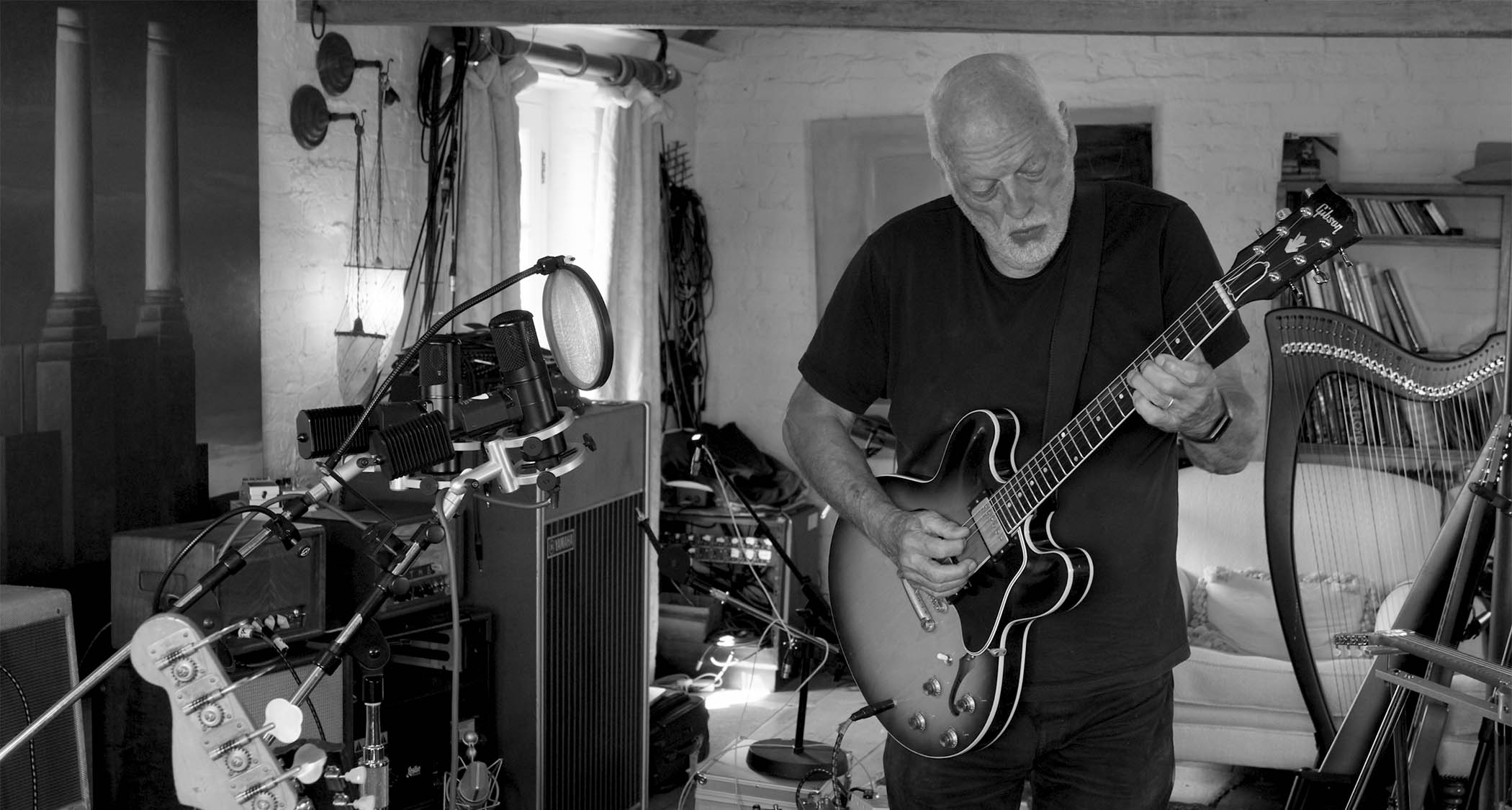
For Luck and Strange, his fifth solo album, Pink Floyd legend David Gilmour leaned on both the familiar and the new, gear-wise. For instance, though he's known primarily as a Fender man – his Black Strat being the most expensive Stratocaster ever sold – Gilmour found himself falling for a Gibson ES-335 during the album's recording.
“I've not got a huge history with Gibson guitars, but this one [the ES-335] is one I've bought comparatively recently to have a different tone, a different thing,” Gilmour explained recently on his YouTube channel. “This is a very, very different sort of guitar to what I'm used to.”
For home demos, though, things were a bit more familiar.
“I will be using physical heads and cabinets on the tour – but at home I have this thing that’s now 30 years old called a Zoom,” Gilmour explained to Guitar World.
“It’s a tiny little gray box, and I use that most of the time when I’m working on the early version of songs. Because I know how to work it – it’s got lots of good sounds and I know how to adjust them.”
Below is a full list of the gear David Gilmour used to record Luck and Strange. You can thank Phil Taylor, who has been Gilmour’s guitar tech since 1974, not to mention Pink Floyd’s warehouse and studios manager.
Taylor also oversaw Fender’s 2008 introduction of the David Gilmour Signature Strat and is the author of The Black Strat: A History of David Gilmour’s Black Fender Stratocaster (2008).
Get The Pick Newsletter
All the latest guitar news, interviews, lessons, reviews, deals and more, direct to your inbox!
Guitars, lap steels, and ukes
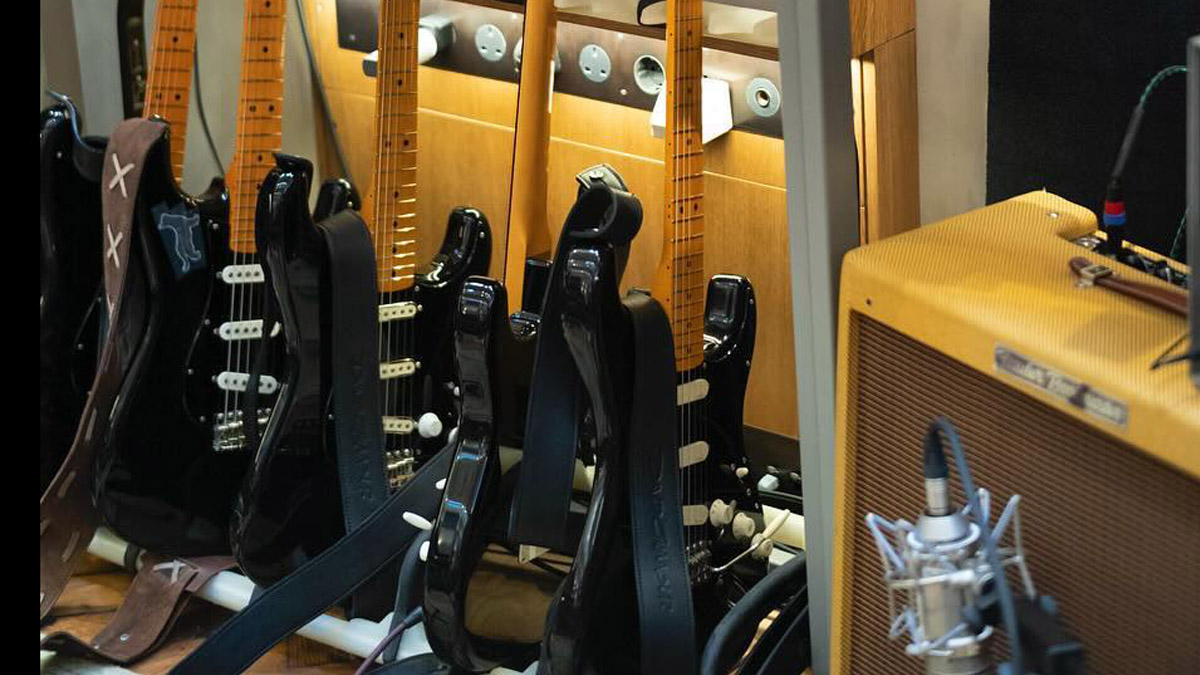
- 2008 Fender DG6 NOS Black Cat Strat
- 1958 Gretsch Duo Jet
- 1956 Gibson Les Paul
- 1961 Gibson ES-335
- 1930s Rickenbacker A-22 “frying pan” lap steel
- 1930s Martin ukulele
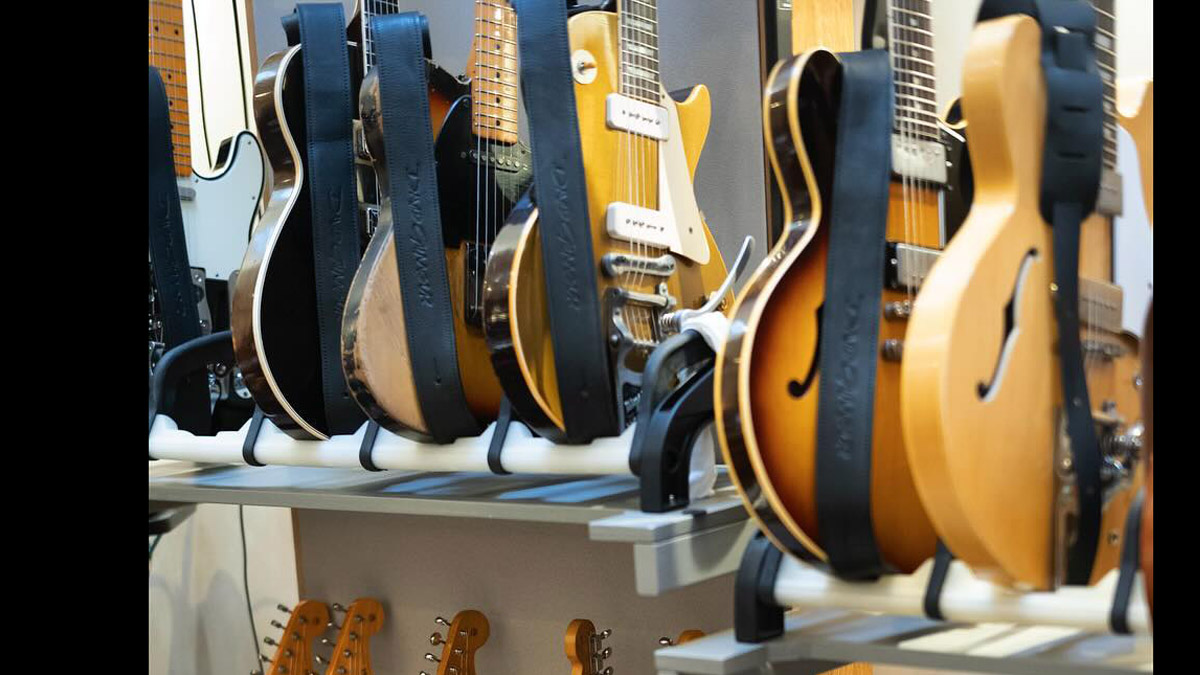
- 1945 Martin D-18
- 2021 Martin DG D-35
- 2021 Martin DG D-35 12-string
- 2019 Cordoba C10 Crossover
- 1978 Zemaitis 3/4 acoustic
- 1977 Ovation 1619-4 “high-strung”
Amps
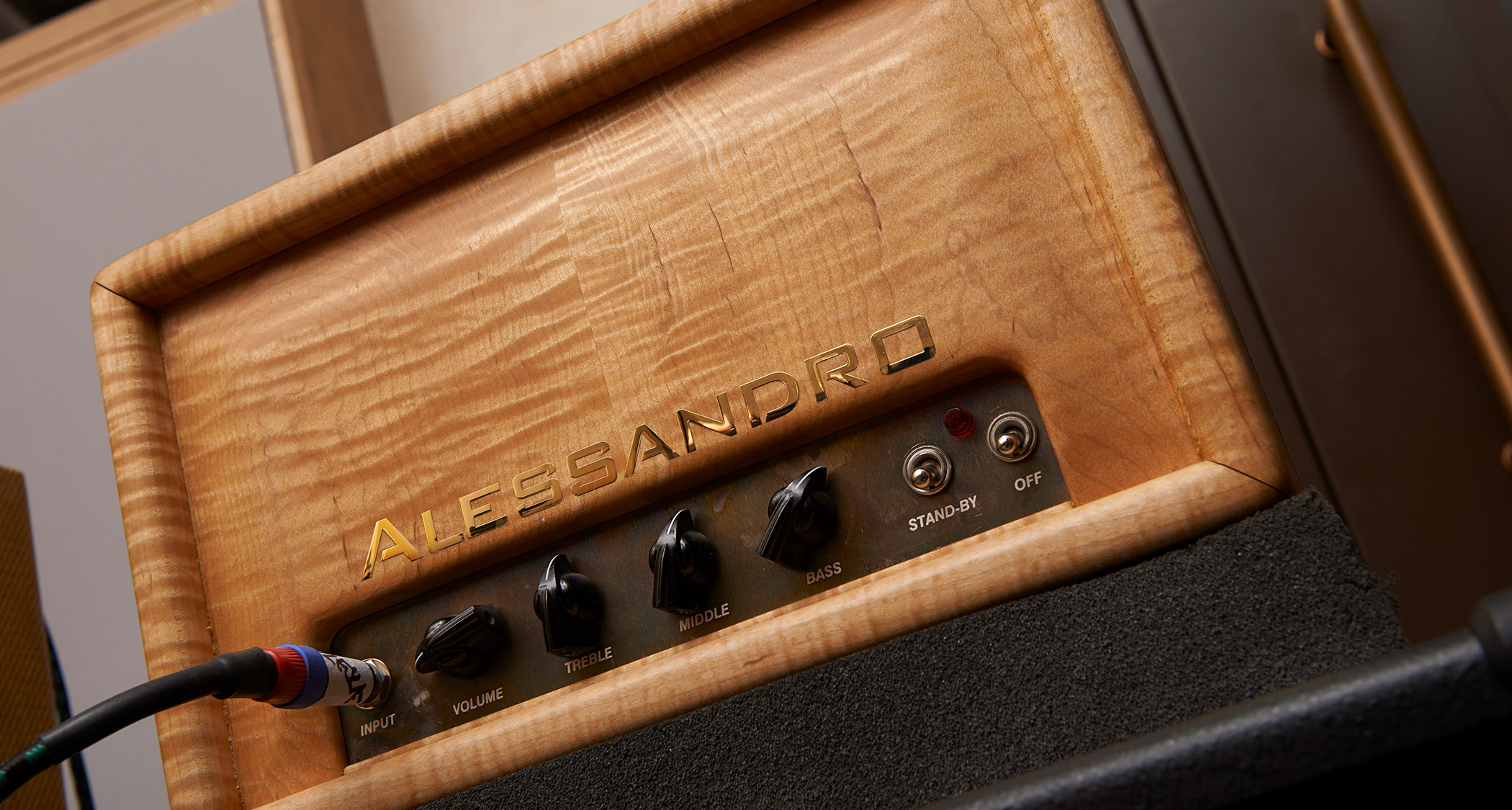
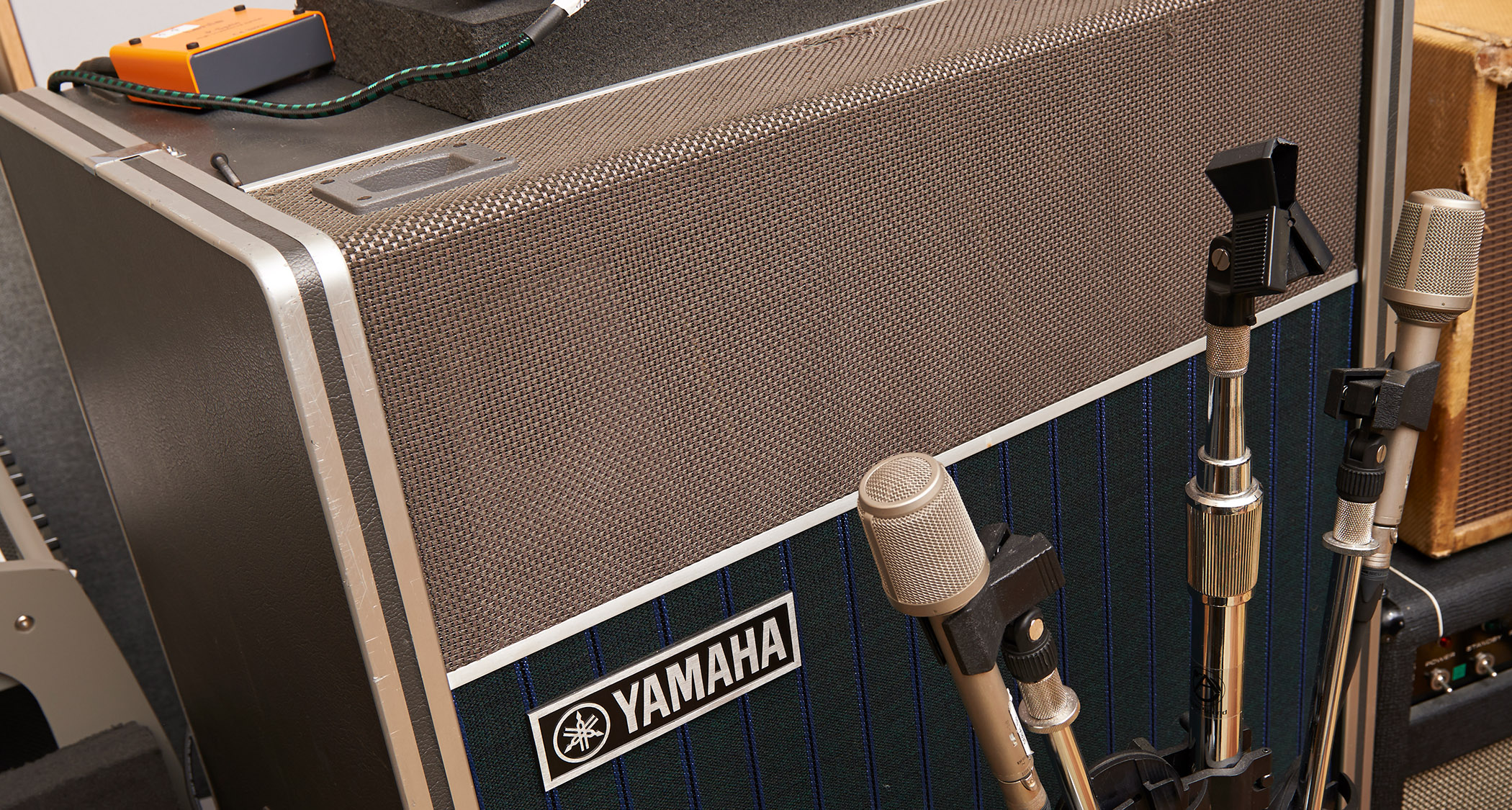
- Hiwatt Custom 50 SA212
- Alessandro Redbone Special
- Fender Bandmaster
- Fender Tweed Twin
- Yamaha RA-200
- Lazy J 20
Effects
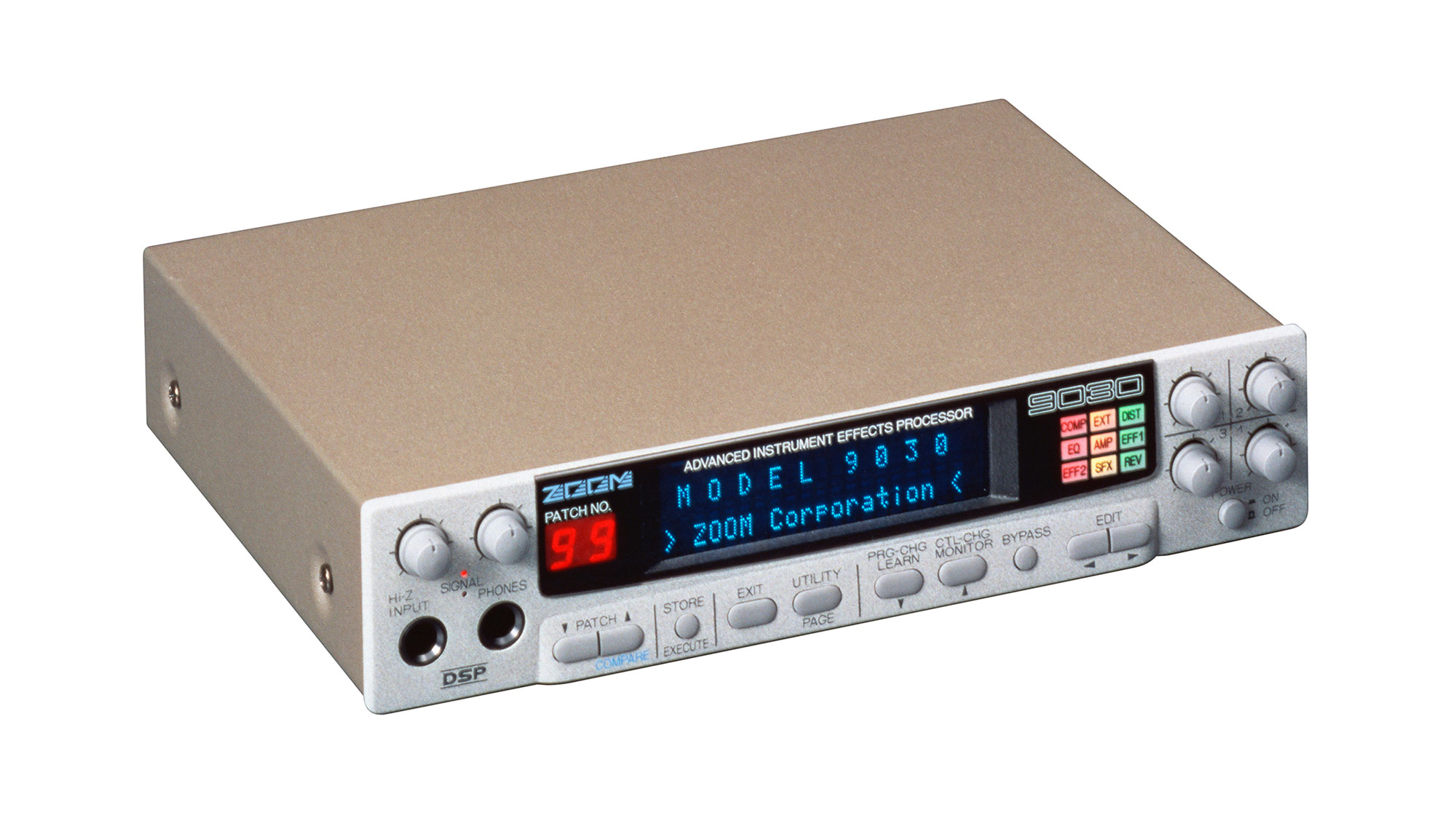
- Origin Effects Cali76 compressor
- Effectrode compressor
- Demeter Compulator compressor
- BK Butler Tube Driver
- Electro-Harmonix Big Muff
- Free the Tone Future Factory FY-1 (phase modulation delay)
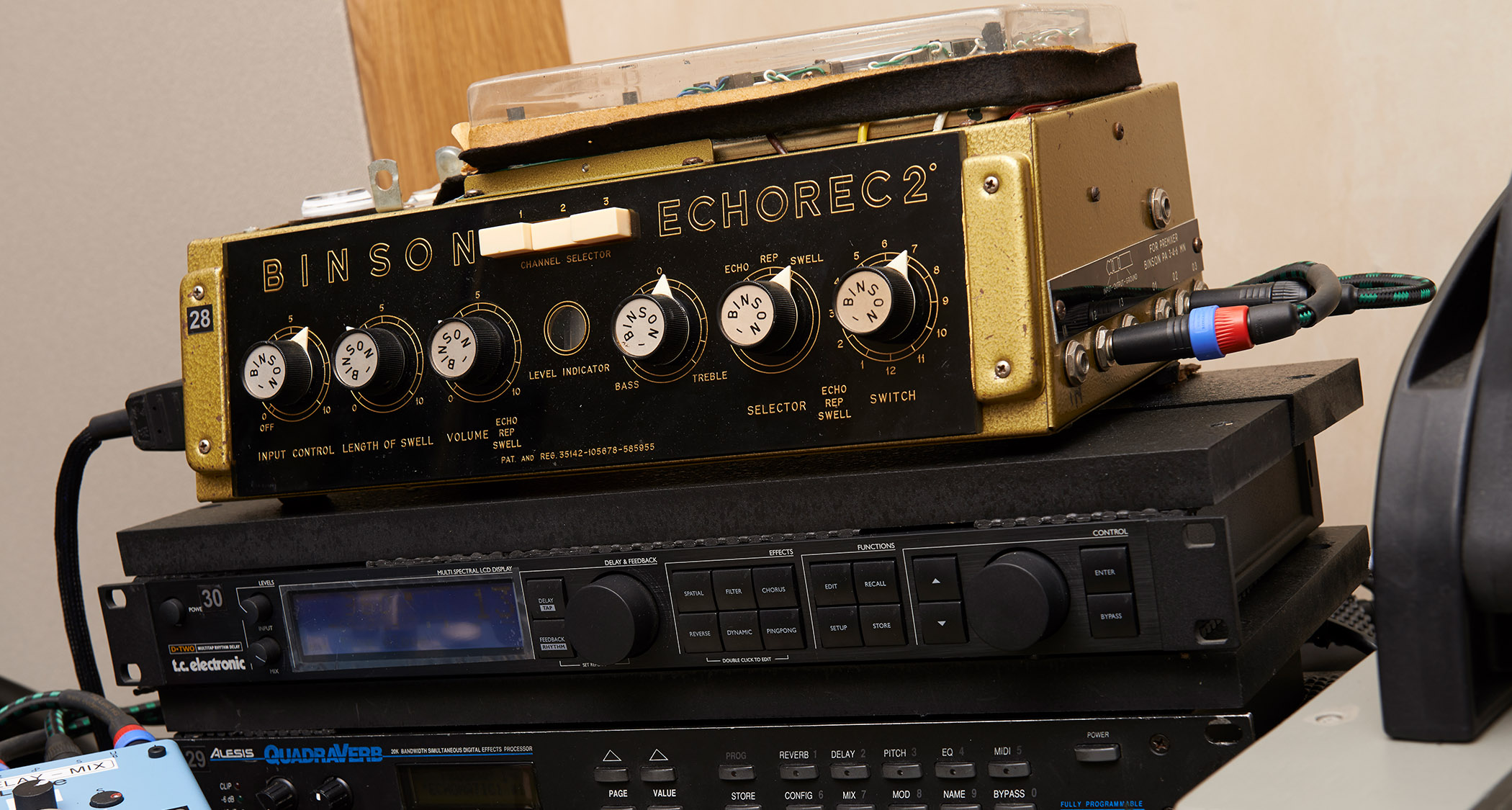
- Binson Echorec 2 (echo/reverb)
- Dawner Prince Boonar (echo/delay)
- Source Audio EQ2
- Boss CE-2 Chorus
- Electro-Harmonix Electric Mistress (flanger/chorus)
- Zoom 9030 (guitar multi-effects processor)
Luck & Strange is out now via Legacy. You can read all about the making of the album in Guitar World's interview with David Gilmour.
Henry Yates is a freelance journalist who has written about music for titles including The Guardian, Telegraph, NME, Classic Rock, Guitarist, Total Guitar and Metal Hammer. He is the author of Walter Trout's official biography, Rescued From Reality, a talking head on Times Radio and an interviewer who has spoken to Brian May, Jimmy Page, Ozzy Osbourne, Ronnie Wood, Dave Grohl and many more. As a guitarist with three decades' experience, he mostly plays a Fender Telecaster and Gibson Les Paul.
- Jackson Maxwell
- Damian FanelliEditor-in-Chief, Guitar World
“I loved working with David Gilmour… but that was an uneasy collaboration”: Pete Townshend admits he’s not a natural collaborator – even with bandmates and fellow guitar heroes
“This guy kept calling saying, ‘I’ve never been in a band before, but I’m the best guitarist ever.’ When I heard him play it was like a fire from heaven”: The life and times of Killing Joke visionary Geordie Walker – the guitar hero’s guitar hero










![[from left] George Harrison with his Gretsch Country Gentleman, Norman Harris of Norman's Rare Guitars holds a gold-top Les Paul, John Fogerty with his legendary 1969 Rickenbacker](https://cdn.mos.cms.futurecdn.net/TuH3nuhn9etqjdn5sy4ntW.jpg)
